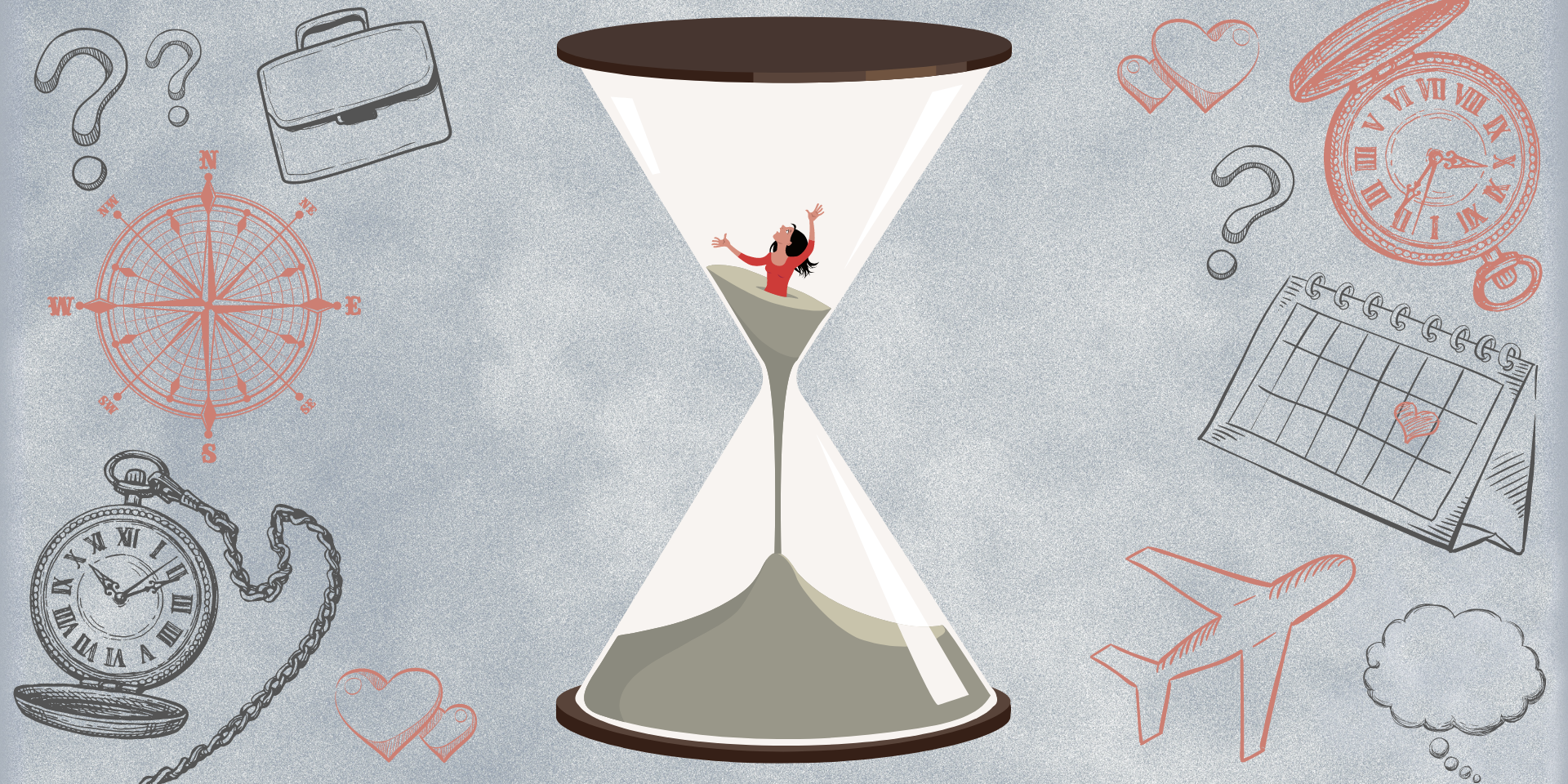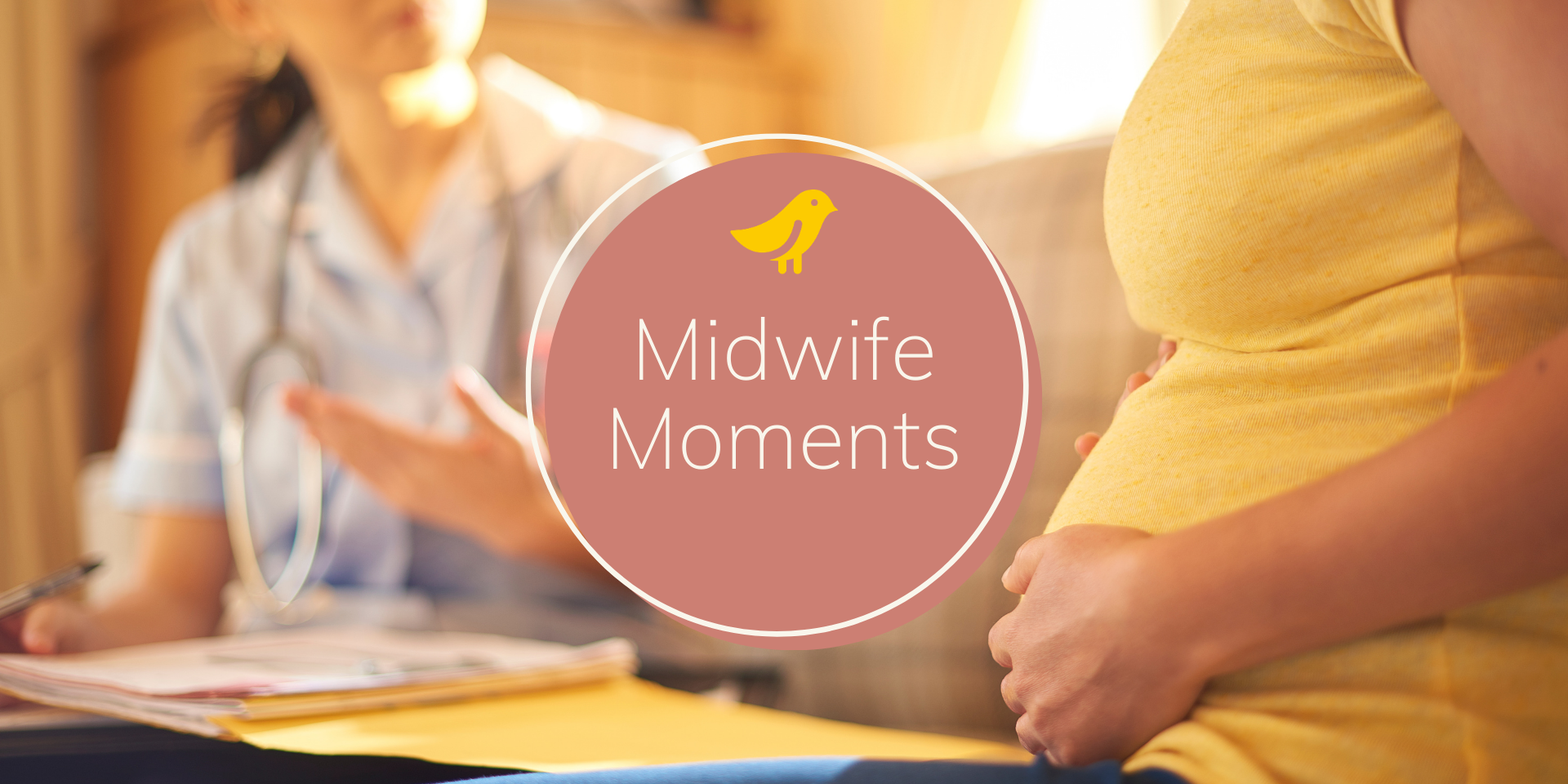I was 22 and at my first (awkward) appointment at the gynaecologist when I received a somewhat blunt diagnosis: “If you want kids, you’d better get on with it as it might be difficult for you to conceive”.
The Diagnosis
In all honesty, I didn’t make much of it. I was still getting dressed, making sure she didn’t see me in my underwear (as if that matters), and my super skinny jeans weren’t the best option for quick dressing.
But then I sat down at her desk and she started talking about how I wasn’t ovulating properly and probably wasn’t ovulating at all in some cycles. She said that what I had (I don’t recall her naming any specific condition but, looking back, she may have been referring to PCOS) was very common among Mediterranean women and our diet and delayed parenthood don’t help at all. She then proceeded to literally berate me about “today’s couples” who do everything to prevent pregnancy but then are surprised (haha) when they can’t conceive.
I sat there, listening incredulously but too uncomfortable to ask anything further.
The enormity of the diagnosis only dawned on me later that night.
For as long as I can remember, I’ve always wanted kids. My mum was my inspiration – young, making a house a home for my siblings and I, all while running a family business. That’s what I wanted. The routine, warmth, and love – I even went as far as romanticising school pick up and drop off and taxiing future kids from one activity to another [darn was I naive] and then all coming home for tea [Enid Blyton is to blame for this one]. To cut it short, family life was my dream.
And what I thought was a simple appointment ruined all that.
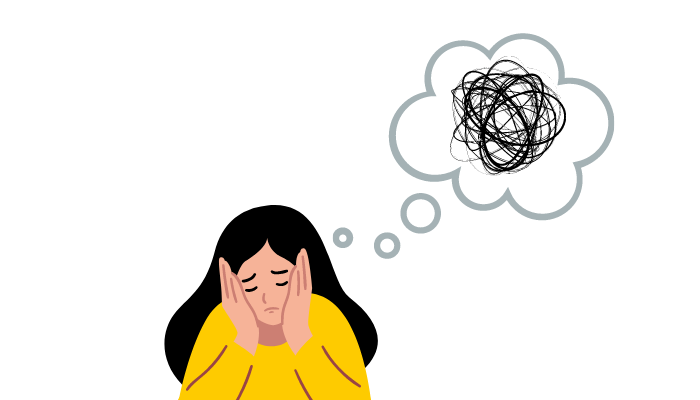
I don’t remember much of the next few days, but I recall talking to my mum and my sisters about it. I also told my boyfriend (now husband), but I think I left everything very vague. Soon after, we went on holiday with some friends and the weight of being unable to share with them what I learnt felt super heavy. Every bit of happiness was tainted with a sadness that I couldn’t really understand. I just couldn’t get myself to share my fears with anyone, as in my mind, I was sure no one would understand (if you’re going through this, I suggest speaking to someone about it).
Fast forward a few years and a couple of gynaecologist appointments later (at different gynaes!) and no one mentioned what my first gynae had said. I asked about it, but none of them could see anything wrong. Still though, that first diagnosis stuck – I still doubted my body’s ability to conceive and in my head, the only way to find out was to try for kids as soon as possible.
At that stage in life, our options were either to extend our foreign posting and then try for another, or get cracking with the baby-making. We chose the latter.
TTC – and a pregnancy!
In the grand scheme of things, a few months of trying isn’t much. But each appearance of my very punctual aunt flo (who likes to visit quite often) sent my heart into an abyss of sadness. I started tracking ovulation, sure that my first gynae was right and that I wasn’t ovulating. The kits I got confirmed that diagnosis – my LH wasn’t surging as it should.
All the trying to conceive (TTC) articles and blogs I read recommended waiting a year before seeking help. I was too impatient and confused with my body to wait that long. I found a great gynae back home and visited her as soon as we arrived. I told her about my cycle, how according to my ovulation detectors, I was never reaching an ovulation peak, and how during this particular cycle my detector got stuck on a (very annoying) single smiley (a double smiley would indicate ovulation peak).
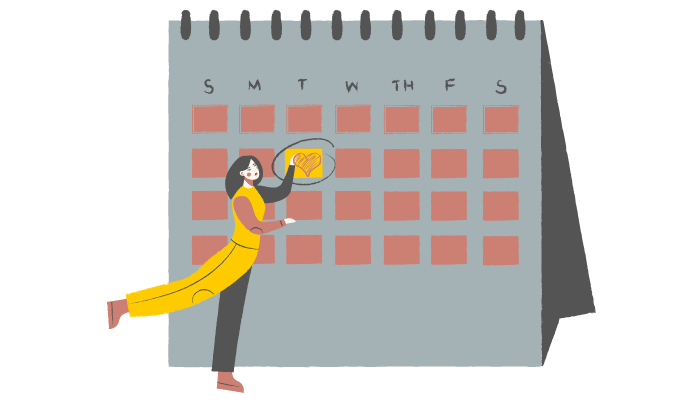
Her answer surprised me. She said it’s best if we do bloodwork as I might already be pregnant. I was following instructions to the tee when using the detector, dutifully testing around the 12th day. She explained that since my cycle is short, chances are I’m ovulating earlier than that. She also explained that pregnancy might be a reason why my ovulation detector is stuck smirking at me!
We were on the ferry going back home, seated next to someone, engaging in (dreaded) small talk when we received the blood work result. We were pregnant!
The Real Diagnosis
Turns out, the diagnosis (if you can call it that) I should have received at my first gynae appointment was “short follicular phase”. In simple terms, I ovulate early on in my cycle. And by early, I mean day 6 or 7. No wonder I was missing ovulation!
Today, I know my body better. But what frustrates me is the lack of information we have available on reproductive health and fertility in general. I was lucky. The infertility diagnosis I received was incorrect and today we have two wonderful kids. But there are many who have no idea that infertility is a medical issue that requires medical attention, or that just like your overall health, reproductive health matters too.
Failure to conceive is not something you can remedy by relaxing or not thinking about it. Just like any other condition, it needs seeing to. So, if painful periods are your norm, your cycle is super irregular, too long or too short, or if you’re a man who’s not sure everything’s working properly, set an appointment with your gynaecologist or a urologist. There’s no need to feel ashamed, they’ve already seen it all. If kids are in your long-term plan, don’t wait until you’re ready to have them to check that everything’s okay. Earlier detection of some conditions, for example PCOS and endometriosis, can help in their management.
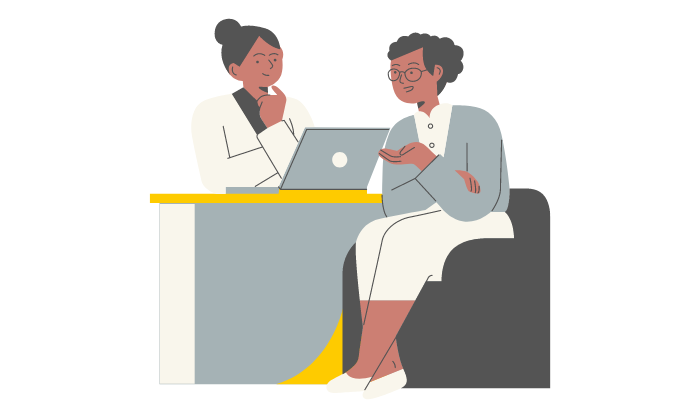
And if you’re over 35 and have been trying to conceive for the last six months, or under 35 but have been trying unsuccessfully for a year, seek help. If you’re like me and too impatient to wait that long, just set up an appointment with someone you trust – there’s no loss in being proactive when it comes to your reproductive health.
And, while at that appointment, remember:
- Advocate for yourself – you know your body best
- Ask questions
- If you’re not sure about something, seek a second opinion
Again, a few months of trying isn’t much and I’m lucky the infertility diagnosis I received was incorrect. But, there are those who spend years trying – please know that you’re not alone, there’s support available to help you along the way.
Donia Scicluna: fertilitysupport.com.mt
Malta Infertility Network: Facebook Group
IVF Malta (St James’ Hospital): Facebook Page
